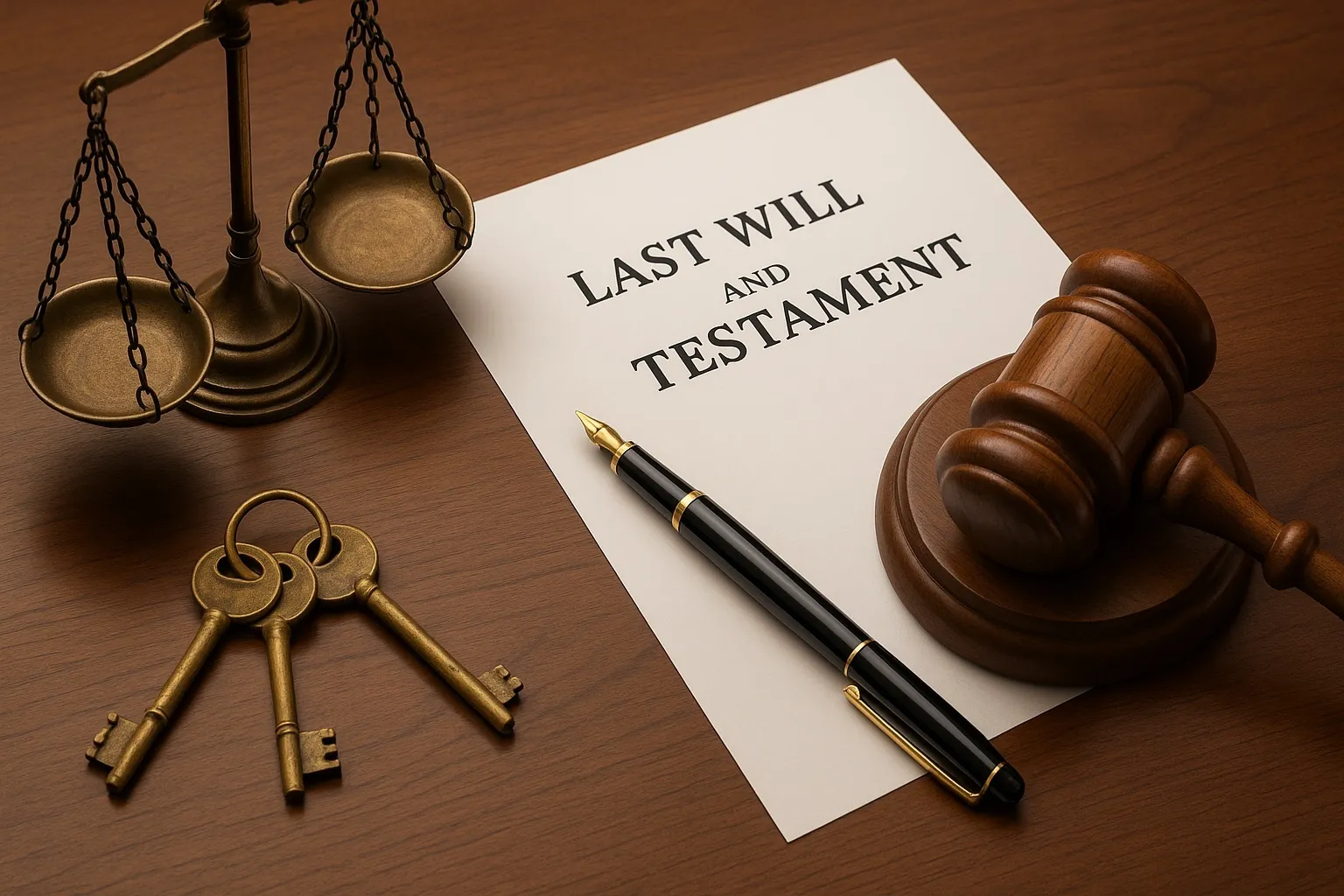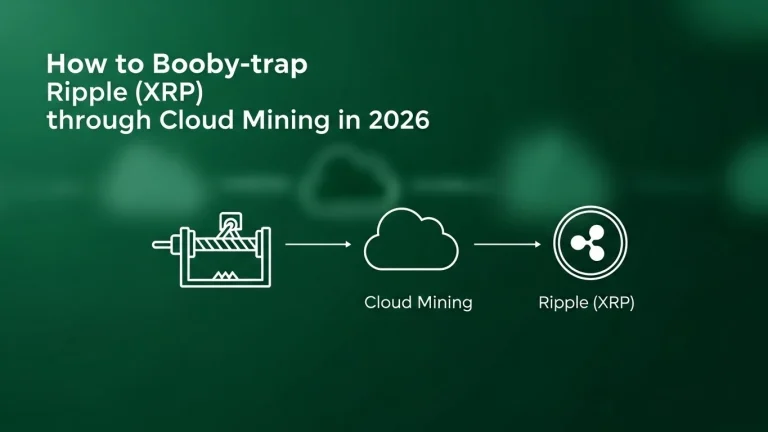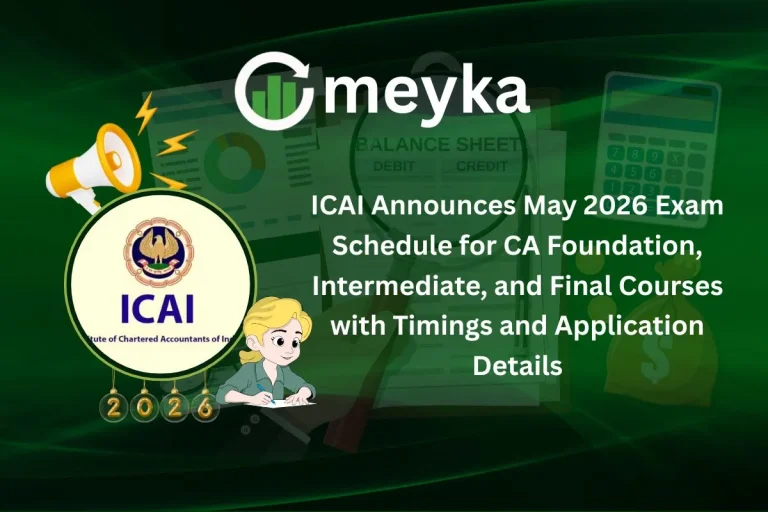Do I really need a will? 7 costly myths that put families at risk
A properly written will is not about death; it’s about preparation, clarity, and protecting the people you love the most. Without one, even simple family situations can turn into costly and emotional legal disputes that take months or even years to resolve. You can prepare a will with https://fastwill.com.
In this expanded guide, we’ll bust seven common and dangerous myths about wills that leave families stressed, broke, and divided. You’ll also learn practical examples and step-by-step advice on how to secure your estate — no matter how big or small it may be.
Why Most People Avoid Writing a Will
Most people delay writing a will because they see it as something for the later stages of life or the wealthy. The truth is that estate planning applies to everyone who owns anything of value — a home, a car, a savings account, or even sentimental possessions. Avoiding it is often based on fear and misunderstanding.
Common reasons people delay creating a will:
- “I’m still young; I have time.”
- “It’s too expensive or complicated.”
- “My family will sort it out.”
- “I don’t have enough assets to justify one.”
However, unexpected illness or accidents can happen at any age. Having a will is not about anticipating the end — it’s about ensuring your loved ones are protected and your property is distributed fairly and quickly when the time comes.
“It’s Too Soon to Think About That” – The Comfort Myth
It’s natural to believe you’ll have time later. But the harsh reality is that emergencies don’t schedule themselves. A will acts as a safeguard — just like health insurance or emergency savings. It’s something you hope you won’t need soon, but you’ll be relieved to have when necessary.
Example: Imagine a 35-year-old with a mortgage and two small children who suddenly passes away. Without a will, the surviving spouse may face legal delays just to access joint funds or manage property. Meanwhile, essential decisions like guardianship for the children could fall to the courts.
Set aside one afternoon to start your will. Many law firms offer flat-fee consultations, and even basic online platforms can help you outline your intentions before you formalize them legally.
“My Family Knows My Wishes” – The Communication Trap
You might assume your loved ones understand your intentions, but unless those wishes are written and legally witnessed, they hold no legal authority. Emotional stress can also cloud memory and interpretation, leading to disputes.
Risks of relying on verbal wishes:
- Family members may remember your words differently.
- Courts do not recognize verbal statements as legally binding.
- Unclear intentions can cause division and resentment.
If you once told your son he’d inherit your car but mentioned to your daughter she could sell it to cover funeral expenses, both statements are meaningless without documentation. A clear, signed will avoids such confusion.
“I Don’t Own Much, So I Don’t Need One” – The Asset Myth
A will isn’t just for the wealthy. Even modest estates can become complicated when there’s no legal direction. From your personal items to digital assets, someone must decide how they’re distributed.
Assets that should be included in your will:
- Bank accounts, savings, and investments
- Vehicles and real estate
- Jewelry, collectibles, or family heirlooms
- Digital property: photos, social media accounts, cryptocurrencies
Without a will, even small estates go through probate — a legal process that can freeze accounts and delay access to funds. Make an inventory of your assets and decide who should receive what. It doesn’t have to be perfect at first — the key is to start.
“Joint Accounts Will Cover Everything” – The Ownership Illusion
Joint accounts are often mistaken for a substitute for a will. While they can simplify access for a surviving partner, they don’t account for all assets and can create complications if one account holder becomes incapacitated or passes away unexpectedly.
Limitations of joint ownership:
- It doesn’t apply to individually owned property or accounts.
- It doesn’t determine guardianship or handle debts.
- It may not reflect updated intentions, especially after divorce or remarriage.
Example: A widowed mother adds her eldest son to her bank account. After her passing, the son legally owns all funds, even if the mother verbally promised to divide them equally among siblings. This can cause lasting family disputes.
“The Government Will Handle It Fairly” – The Legal Myth
Dying without a will (known as dying intestate) means the state distributes your property based on strict inheritance laws — not personal relationships or emotional bonds. The results can surprise and hurt loved ones.
What intestacy laws might mean:
- Unmarried partners typically inherit nothing.
- Stepchildren and close friends are excluded.
- Minor children may have guardians chosen by the court.
- Personal items could be sold to cover probate costs.
A long-term partner living in the same house for 15 years might have no legal right to stay there if their name isn’t on the deed and there’s no will in place. Even a simple will stating your main beneficiaries and executor is enough to prevent government interference.
“I Made a Will Years Ago, I’m Done” – The Outdated Will Risk
Life changes — families grow, finances shift, and relationships evolve. A will written years ago may no longer reflect your circumstances or current wishes.
Times when you should update your will:
- Marriage, divorce, or the birth of a child
- Purchase or sale of property
- Relocation to another state or country
- Change in executor or primary beneficiary
Someone who divorced but forgot to update their will could accidentally leave assets to their ex-spouse instead of their children. Review your will every three to five years. Set a recurring reminder in your calendar to keep it relevant and valid.
“Online Templates Are Enough” – The DIY Danger
While online will templates are fast and cheap, they can’t account for individual legal nuances. State-specific laws, witness requirements, or missing clauses can render your will invalid.
Common pitfalls of DIY wills:
- Incorrect or missing signatures and witnesses
- Ambiguous language leading to disputes
- Failure to include contingencies for minor heirs
- Lack of compliance with local regulations
A template downloaded in one state might be invalid in another because of different witness laws or notarization rules. Use online tools only as a draft. Always have a qualified estate planning attorney review and finalize your document.
The Real Cost of Dying Without a Will
Not having a will often costs families thousands of dollars in legal fees and months — sometimes years — of waiting through probate court. Emotional damage is even harder to repair.
Family Conflicts and Legal Battles
Disagreements over inheritance can destroy family relationships. Without clear guidance, relatives may question intentions and challenge one another in court.
Consequences of dying intestate:
- Costly lawsuits between siblings or extended relatives
- Emotional stress and broken trust
- Legal fees reduce the value of the estate
Name an impartial executor — someone trustworthy but not emotionally entangled — to manage your estate fairly.
Frozen Assets and Probate Delays
Probate can be a nightmare for families who need immediate access to funds. Even basic expenses like mortgage payments or tuition can be delayed for months.
Ways to minimize probate issues:
- Create a clear, up-to-date will
- Keep detailed records of assets and beneficiaries
- Consider setting up a living trust to transfer assets quickly
A family without access to the deceased’s bank accounts may struggle to pay for the funeral or daily expenses until probate is complete.
Guardianship Confusion for Minor Children
Failing to name guardians for your children can leave the decision in the hands of a court that doesn’t know your family’s dynamics.
What happens without guardianship instructions:
- Relatives may argue over custody
- Courts might assign someone unfamiliar with your parenting values
- Children may face emotional instability during legal delays
Include both a primary and secondary guardian in your will. Make sure they understand and agree to the responsibility beforehand.
How to Get Started on Your Will – Without the Stress
Creating a will doesn’t have to be overwhelming. The process can be broken down into manageable steps that take less than a day.
Steps to get started:
- Make a list of all assets and debts.
- Choose beneficiaries for each major item.
- Select an executor you trust.
- Decide on guardians for minor children.
- Consult an estate planning lawyer to finalize the details.
Work with an Estate Planning Attorney
An experienced attorney ensures your will complies with local laws and addresses all unique circumstances, including blended families, business ownership, and charitable donations. Legal expertise protects your estate from disputes and invalidation.
Keep Your Will Accessible and Updated
Once completed, store your will in a fireproof safe or with your attorney. Make sure your executor and at least one family member know where it’s located. Review your will every few years, after major life events, or when laws in your state change.
Final Thoughts: Peace of Mind in Writing Your Will
Writing a will is not a burden; it’s an act of love and responsibility. It secures your legacy, protects your family, and prevents unnecessary hardship. Taking time to create a proper will today guarantees peace of mind for you and stability for your loved ones tomorrow.
FAQs
Your estate is distributed according to state laws, not your personal wishes. This can result in delays, unexpected heirs, and even disputes among relatives.
Update your will every 3–5 years or after significant life events such as marriage, divorce, or property purchases.
While not mandatory, hiring a lawyer ensures that your will meets all legal requirements and reduces the risk of disputes.
Yes. Include information about your online accounts, cryptocurrencies, and digital files to ensure proper management after your death.
Keep it in a fireproof safe or with your attorney. Inform your executor and one trusted person of its exact location.
Disclaimer:
The above information is based on current market data, which is subject to change, and does not constitute financial advice. Always do your research.






